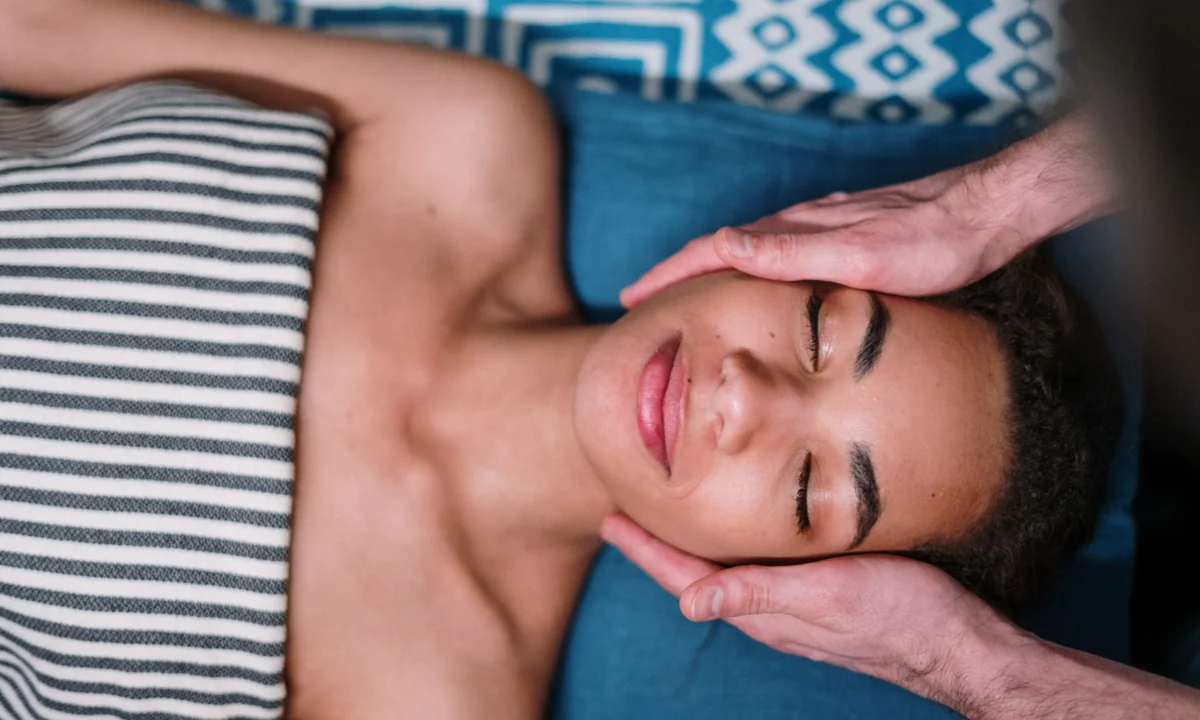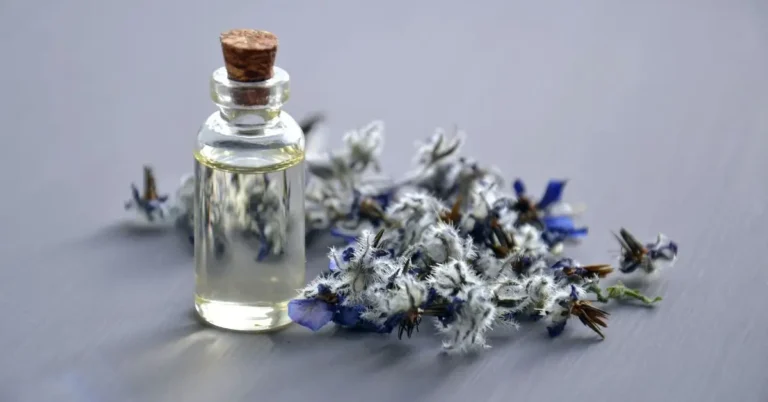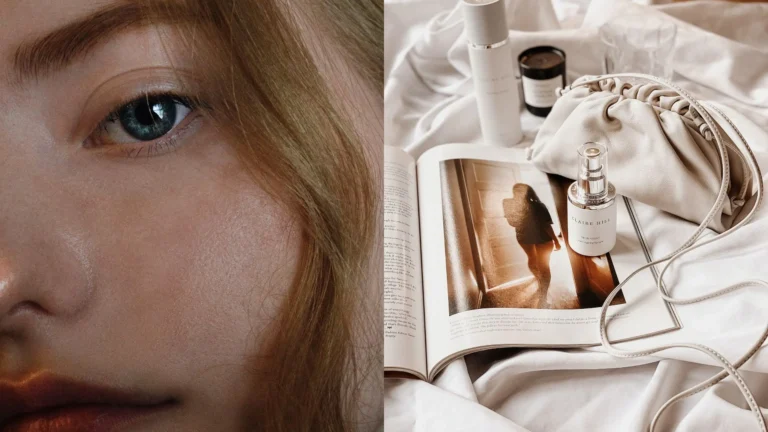What is the Perfect Quantity of Water to Consume for Clear Skin? Acne plagues millions across the globe, posing a prevalent skin problem that lacks a concrete solution. Nonetheless, adequate hydration has been shown to immensely aid in keeping the skin clear and minimizing acne outbreaks. So, how much water should one drink to attain blemish-free skin?
This article will explore the connection between hydration and acne, as well as provide guidelines and tips for staying properly hydrated to promote clear skin. Whether you’re someone who struggles with occasional breakouts or chronic acne, incorporating adequate hydration into your skincare routine can make a significant difference in the appearance and health of your skin.
Table of Contents
How Much Water Should I Drink to Clear Acne?
Drinking water can help promote skin hydration, which may aid in acne prevention.
So how much water should I drink to get rid of acne? The standard recommendation is to drink at least 8 glasses of water per day, but the best way to determine how much water you need to drink is to consider your personal needs. Drinking 3-4 liters of water per day is generally recommended for clear skin. Furthermore, drinking water can help your immune system and your body function more efficiently.
The Role of Water in Skin Health
Water is essential for overall health, including skin health. It helps to flush out toxins from the body, maintain skin elasticity, and keep skin hydrated and moisturized.
When skin is properly hydrated, it looks plump and radiant and is better able to defend against environmental stressors that can lead to breakouts. In contrast, dehydration can lead to dry, dull skin that is more susceptible to inflammation and breakouts.
Additionally, water plays a crucial role in the function of the skin’s barrier, which helps to protect the skin from external harm. A well-hydrated skin barrier is better equipped to retain moisture and defend against bacteria, pollutants, and other irritants that can trigger acne.
In short, maintaining proper hydration levels is essential for clear, healthy skin. Drinking enough water every day can help to support the skin’s natural functions and reduce the likelihood of breakouts.
Tips for Increasing Your Water Intake

Here are some tips for increasing your water intake:
- Drink water regularly throughout the day – Instead of waiting until you feel thirsty, make it a habit to drink water regularly throughout the day. Keep a water bottle with you and take sips every hour.
- Incorporate water-rich foods into your diet – Foods like watermelon, cucumber, and strawberries are high in water content and can help increase your overall hydration levels.
- Use a water tracker app or set reminders – Keeping track of your water intake can be helpful in ensuring that you drink enough water every day. There are several apps that can help you keep track of your water intake and set reminders to drink more water.
- Add flavor to your water – If you find plain water boring, try adding sliced fruit or herbs like mint or lemon to add flavor and make it more enjoyable to drink.
- Drink water before, during, and after exercise – Staying hydrated is especially important when engaging in physical activity, as you lose fluids through sweating.
- Avoid diuretics – Caffeine and alcohol are diuretics and can dehydrate the body. Minimizing or avoiding them can help to increase overall hydration levels.
Personal Hydration Plans
Proper hydration is the cornerstone of good health, yet it’s often overlooked in our daily routines. To ensure you’re getting the right amount of fluids tailored to your unique needs, it’s crucial to create a personalized hydration plan. Here’s how to get started:
- Consult with the Experts: Before crafting your hydration plan, consult with healthcare professionals or registered dietitians. They can assess your individual requirements based on factors such as age, activity level, climate, and underlying health conditions.
- Keep a Hydration Journal: Start a hydration journal to track your daily water intake and its impact on your well-being. Note down the number of glasses or ounces you consume each day. Additionally, jot down any improvements you observe, such as clearer skin, increased energy, or better digestion.
- Set Goals: Establish hydration goals tailored to your needs. While the general guideline is around 8 cups (64 ounces) of water a day, your requirements may differ. For instance, athletes, pregnant individuals, or those in hot climates may need more.
- Incorporate Variety: Remember that hydration isn’t just about water. Include hydrating foods like fruits, vegetables, and herbal teas in your plan. They not only contribute to your daily fluid intake but also provide essential nutrients.
Pro Tip: Infuse your water with natural flavors by adding slices of citrus fruits, cucumber, or a sprig of mint. This simple trick can make staying hydrated more enjoyable.
A personalized hydration plan ensures you’re meeting your body’s specific needs, keeping you feeling refreshed, revitalized, and ready to take on the day. Start today, and watch your overall health improve as you make hydration a top priority.
Other Tips for Clearing Acne
Pro tip: use straight witch hazel on your face for acne. Dickinson’s. I use rosewater, which is natural toner.
— Raquel E. Bischoff (@rbq426) September 14, 2023
While maintaining proper hydration is undeniably beneficial for your skin, it’s crucial to understand that it’s not the sole solution for tackling acne. Achieving clear and radiant skin often requires a multifaceted approach. Here are some additional skincare practices that can complement your efforts:
1. Proper Cleansing:
- Gently cleanse your face twice daily with a mild, non-stripping cleanser.
- Avoid harsh scrubbing, as it can irritate the skin and worsen acne.
- Incorporate exfoliation into your routine, but do it sparingly (1-2 times a week) to remove dead skin cells and prevent clogged pores.
2. Use Non-Comedogenic Products:
- Opt for skincare and makeup products labeled as “non-comedogenic” or “oil-free.”
- These products are less likely to clog pores, reducing the risk of acne breakouts.
3. Healthy Diet:
- Consume a balanced diet rich in fruits, vegetables, whole grains, and lean proteins.
- Limit your intake of sugary, high-glycemic foods, which can trigger acne in some individuals.
4. Hands Off Approach:
- Avoid touching your face throughout the day, as your hands can transfer dirt and bacteria to your skin.
- Resist the urge to pop or pick at acne lesions, as this can lead to scarring and further inflammation.
5. Stress Management:
- High-stress levels can exacerbate acne. Incorporate stress-reduction techniques like meditation, yoga, or deep breathing into your daily routine.
6. Sun Protection:
- Always use a broad-spectrum sunscreen with at least SPF 30 to protect your skin from UV damage.
- Sunburn can worsen acne and cause post-inflammatory hyperpigmentation.
7. Dermatologist Consultation:
- If your acne is severe, persistent, or causing emotional distress, consult a dermatologist.
- Dermatologists can provide tailored treatment plans, which may include prescription medications or procedures like chemical peels or laser therapy.
Pro Tip: Be patient and consistent with your skincare routine. Acne treatments take time to show results, so don’t be discouraged if you don’t see immediate improvements. It’s essential to stick with your chosen regimen and give it time to work.
FAQ:

Can drinking a lot of water remove acne?
While water can help promote skin hydration, which may help prevent acne, there is no scientific evidence that it can directly remove acne. However, drinking more water may help reduce pore clogging and remove toxins and bacteria from the skin, potentially improving acne.
How much water should you drink in a day to help acne?
Drinking six glasses or 48 ounces of water per day is recommended to help clear acne. Additional research suggests that drinking 2 liters (68 ounces) of water daily can significantly improve skin problems such as acne. Looking at your own individual needs is the best way to determine how much water you need to drink. The Mayo Clinic recommends 11-15 cups of water per day, and drinking at least 8 glasses of water can help hydrate and improve the appearance of the skin.
How many Litres of water should I drink to get clear skin?

For glowing skin, experts recommend that men drink 3.7 litres of water per day and women drink 2.7 litres. Drinking 3 litres of water per day can improve skin hydration, flush out toxins, and promote overall health. It is not, however, a guarantee of flawless skin. The recommended daily amount of water for clear skin is 8 glasses.
Is 4 liters of water a day too much?
Drinking 4 liters of water per day is not recommended because it can result in dangerous water intoxication. The National Academies of Sciences, Engineering, and Medicine of the United States recommend that men drink approximately 15.5 cups (3.7 liters) of fluids per day and women drink 11.5 cups (2.7 liters) per day. Drinking 3 liters (100 ounces) of water per day may help meet needs, but it is not required for everyone.
How to get rid of acne fast?
There are several methods for getting rid of acne quickly. Washing your face twice a day and after sweating can help reduce acne. Ice applied to the affected area can help reduce inflammation and redness. Pimples can be cleared up quickly with spot treatments containing benzoyl peroxide or salicylic acid. Brewer’s yeast has also been shown to be effective in the treatment of acne. Scrubbing the face or other acne-prone skin should be avoided because it can irritate the skin and worsen breakouts.
What can I drink to prevent acne?
Acne can be prevented by drinking spearmint tea, green tea with lemon, kefir, turmeric tea, organic tart cherry juice, neem and honey shots, amla and ginger shots, Japanese matcha tea, and aloe vera juice.
What foods fight acne?
Fish such as mackerel, salmon, and sardines; pastured eggs; soybeans and soy products; spinach and kale; dark chocolate; oysters; pumpkin seeds; and antioxidant-rich berries may help reduce acne flare-ups, scars, and inflammation. Because of their high sugar content, soda, white bread, white rice, and cake should be avoided.
If you liked this blog article about the question: How much water should I drink to clear acne, don’t forget to leave us a comment down below to tell us about your experience.





